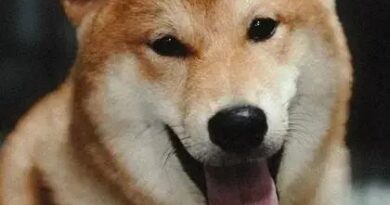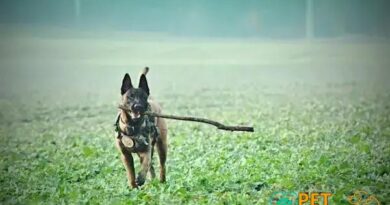What is getting older puppies
Understanding the Aging Process in Puppies
As puppies grow, they undergo a series of developmental stages that are crucial for their overall health and well-being. Understanding what getting older puppies means involves recognizing the physical and behavioral changes that occur as they transition from the playful, energetic phase of puppyhood to a more mature stage. This process typically begins around six months of age and can vary depending on the breed and individual characteristics of the dog.
Physical Changes in Aging Puppies
One of the most noticeable aspects of getting older puppies is the physical transformation they undergo. As they age, puppies may experience changes in their coat texture, dental health, and overall body composition. For instance, you might notice that their once soft and fluffy fur becomes coarser, and they may start to lose some of their baby teeth, making way for adult teeth. These changes are a natural part of their growth and development.
Behavioral Shifts in Older Puppies
Alongside physical changes, getting older puppies often exhibit shifts in behavior. While younger puppies are typically exuberant and playful, older puppies may become more reserved or calm. This change can be attributed to their developing personalities and increased maturity. Owners may find that their older puppies are less prone to hyperactivity and may enjoy more relaxed activities, such as leisurely walks or cuddling on the couch.
Health Considerations for Aging Puppies
As puppies age, they may become more susceptible to certain health issues. Common concerns include joint problems, obesity, and dental diseases. It’s essential for pet owners to be proactive in monitoring their puppy’s health and to consult with a veterinarian regularly. Regular check-ups can help identify potential health issues early, ensuring that aging puppies receive the care they need to maintain a good quality of life.
Nutritional Needs of Older Puppies
The nutritional requirements of puppies change as they age. Getting older puppies may require a diet that is lower in calories but higher in essential nutrients to support their changing bodies. It’s crucial to provide them with high-quality dog food that meets their specific needs, including adequate protein, vitamins, and minerals. Consulting with a veterinarian can help pet owners determine the best dietary plan for their aging puppies.
Socialization and Training for Older Puppies
Socialization remains an important aspect of a puppy’s development, even as they get older. Older puppies may benefit from continued training and socialization opportunities to help them adapt to new environments and experiences. Engaging in positive reinforcement training can strengthen the bond between the owner and the puppy while also promoting good behavior and social skills.
Exercise Requirements for Aging Puppies
While older puppies may not have the same energy levels as their younger counterparts, they still require regular exercise to maintain their physical and mental health. Tailoring exercise routines to suit their age and energy levels is essential. Shorter, more frequent walks and interactive play sessions can help keep older puppies active without overexerting them.
Recognizing Signs of Aging in Puppies
Pet owners should be aware of the signs that indicate their puppies are getting older. These signs can include changes in mobility, such as stiffness or reluctance to jump, as well as alterations in appetite or sleeping patterns. Being attentive to these changes allows owners to provide appropriate care and make necessary adjustments to their puppies’ routines.
Emotional Support for Aging Puppies
As puppies age, they may also experience emotional changes. Older puppies can become more sensitive to their surroundings and may require additional emotional support from their owners. Providing a stable and loving environment, along with plenty of affection and reassurance, can help aging puppies feel secure and comfortable as they navigate this new stage of life.



